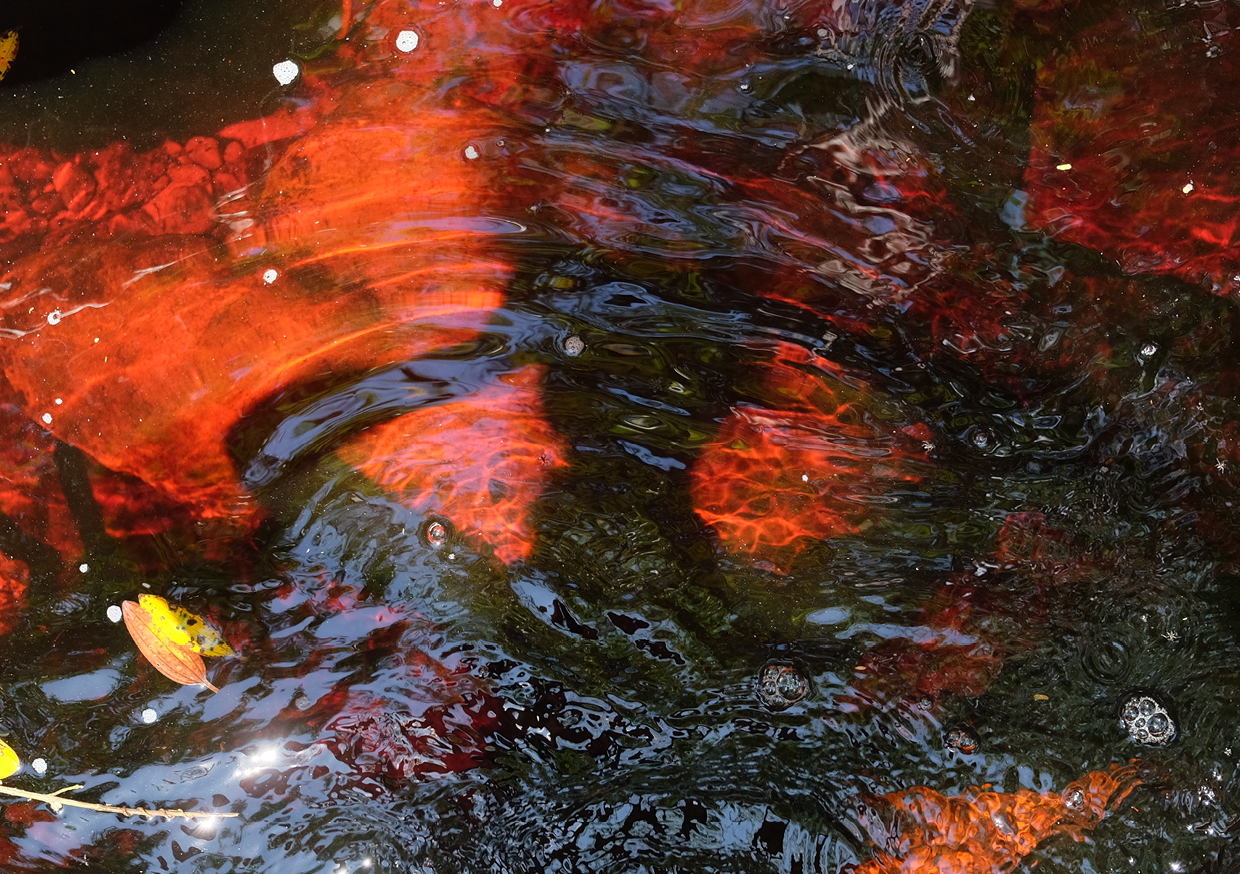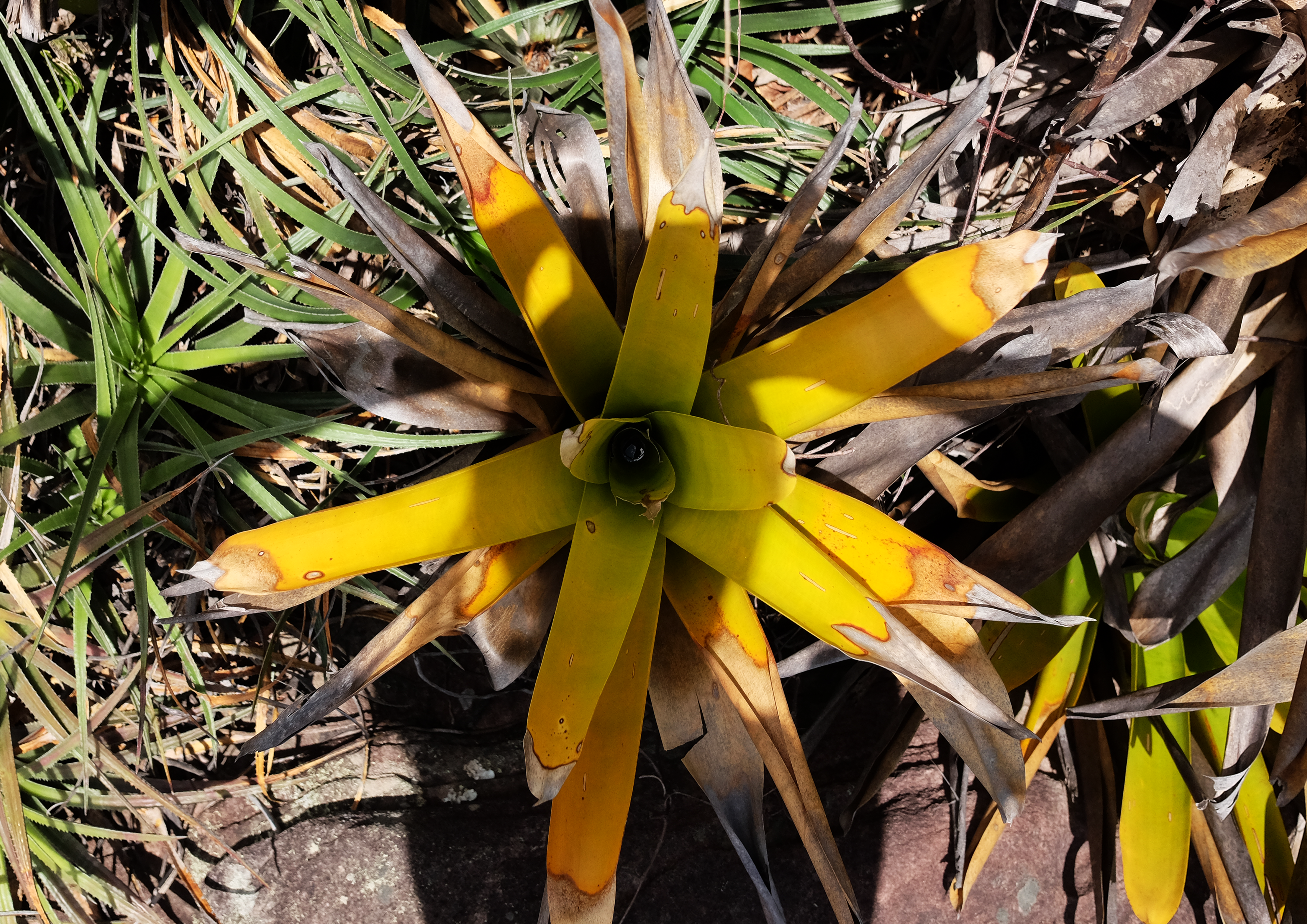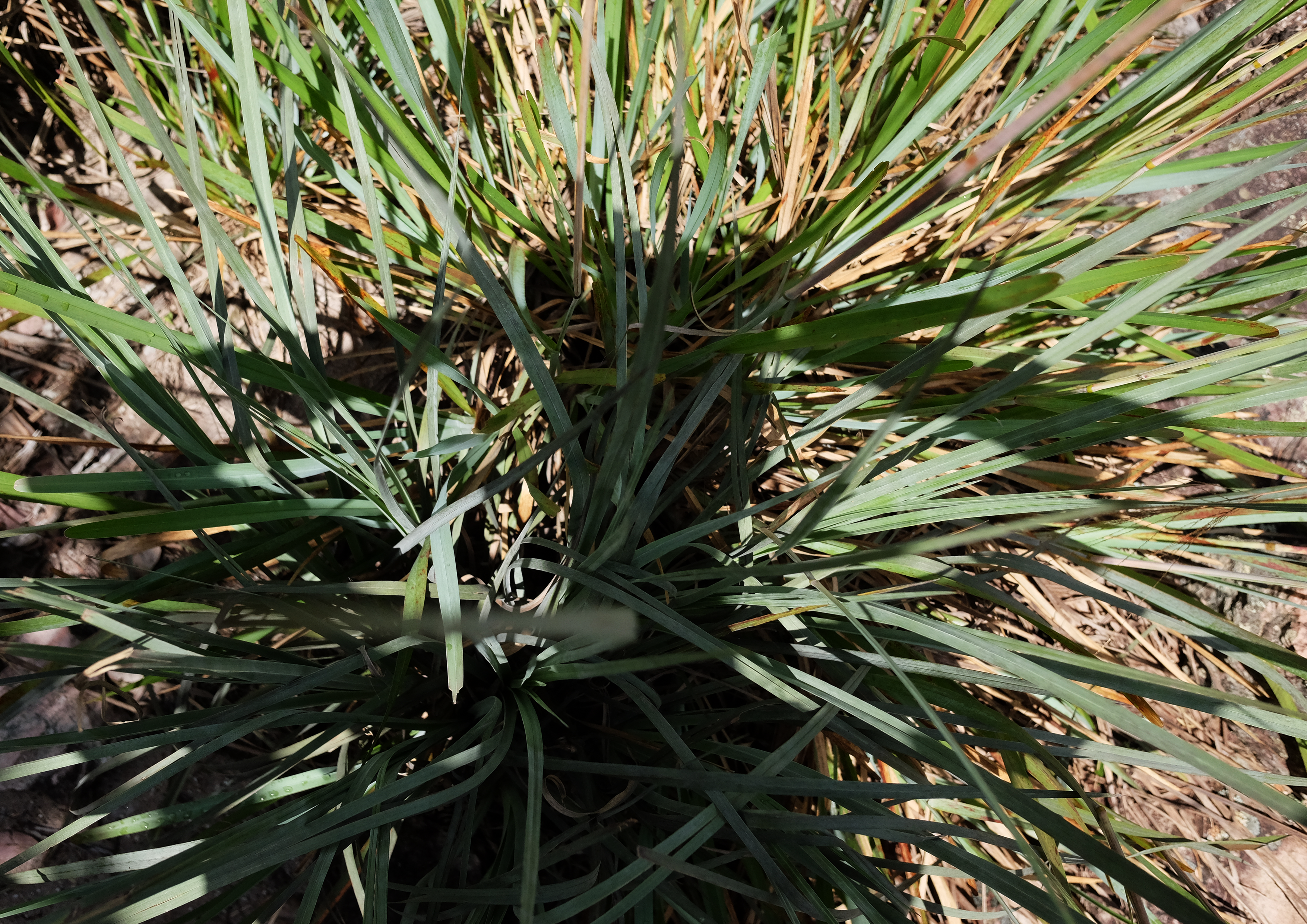
CLICK TO ENLARGE IMAGE
PROJECT
AIR
Mirante Xique-Xique
THANK YOU
Leonardo Remor
Denis Rodriguez
PHOTOBOOK PRINTED BY:
FEB 2022- FEB 2024
Eye am looking at the ground and the ground is looking at you
AIR
Mirante Xique-Xique
THANK YOU
Leonardo Remor
Denis Rodriguez
Veronica Laminarca
Mariana Leme
Tatjana Rüegsegger
PHOTOBOOK PRINTED BY:
Nova Era Publications
FEB 2022- FEB 2024
Bowing to the diverse grounds of Chapada Diamantina
A catalogue of 52 eyes organised in a series of 26 diptychs. The eyes are formed by my shadow at noon, while performing a gesture of reverence to the ground(s).
Igatu is situated in the Chapada Diamantina, an area with one of the world’s oldest geological formations.
Photographic typology
21 CM. X 15 CM.
DIGITAL OFFSET PRINTING
FEDRIGONI ARENA NATURAL ROUGH 140 GR.
HARD COVER AND EXPOSED THREAD BINDING
LIMITED EDITION OF 26 COPIES



BOOK PRESENTATION IN IGATU’S PRAÇA, FEBRUARY 2024 🧡
'Eye am looking at the ground and the ground is looking at you' –in English, the words eye and I have the same phonetics– is a documentation of the variety of surfaces of the territory, a photographic typology that consists of a collection of pairs of eyes, produced by the projection of the artist's shadow on stone, water, lichens, sand, plants. At noon, always making the same gesture of reverence with the body so that its shadow draws the eye to each of the chosen surfaces. The point of view is zenithal, like that of satellites or drones, but intimate, on the scale of the body. Identity and gender are hidden by shadows and reflections. The camera ceases to be a device and becomes part of this new anonymous self, to integrate the contour of the eye of the Earth. Photographic exploration leaves the point of view from the height of the human face and the verticality of bipedalism to look at the ground: landscapes are created from the Ground.

[PT] A maioria dos artistas precisa e ama a sua solidão, mas não mais do que precisa e ama a ideia de uma comunidade. Mesmo o ato criativo mais solitário busca o diálogo e uma ressonância social. O Mirante Xique-Xique é uma comunidade que vem se constituindo por interesses em torno de um mesmo território e de um programa. Nossa atuação busca fortalecer a ideia de comunidade de artistas, resistindo à captura deste termo pelo mundo corporativo e pela economia digital. O MXX sintoniza com os projetos de todas as pesquisadoras que passaram por aqui e acreditamos que as pesquisas podem reverberar por mais tempo e exigir aprofundamentos, por isso retornar é uma palavra de prática da nossa organização. E foi em razão disso, além do desejo de devolver a sua pesquisa para comunidade que a acolheu em fevereiro de 2022, que Laia Miret (@laiamiret) voltou ao Mirante para lançar seu novo projeto editorial, o fotolivro: Eye am looking at the ground and the ground is looking at you’ [‘Olho para o chão e o chão está olhando para você’, na língua inglesa, as palavras olho e eu têm a mesma fonética].
Uma documentação da variedade de superfícies do território de Igatu, uma tipologia fotográfica que consiste numa coleção de 26 pares de olhos, produzidos pela projeção da sombra da artista na pedra, na água, em diferentes terrenos e inclusive em plantas. Sempre executando o mesmo gesto de reverência com o corpo para que sua sombra desenhasse um olho em cada uma das superfícies escolhidas. O ponto de vista é zenital, como o dos satélites ou dos drones, mas íntimo, na escala do corpo, parte dele. A identidade e o gênero estão ocultadas por sombras e reflexos. A câmera deixa de ser um aparato para tornar-se parte desse novo eu anônimo, para integrar o contorno do olho da Terra.
– Leo and Denis









FLYER FOR THE BOOK PRESENTATION IN IGATU